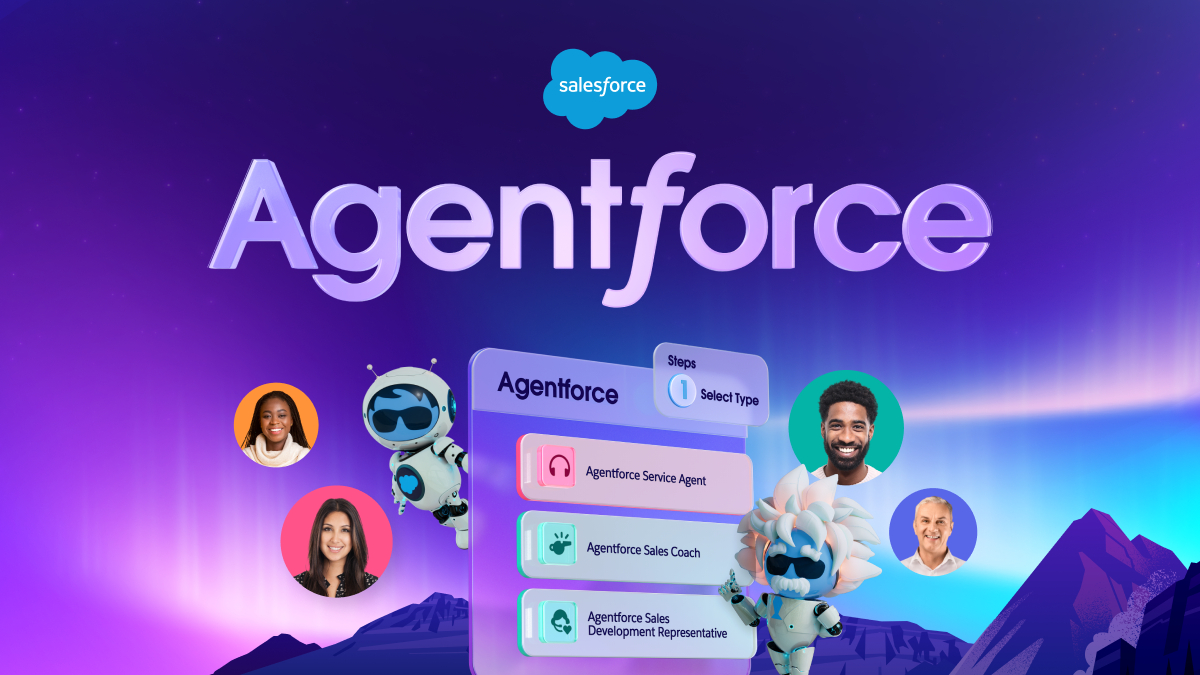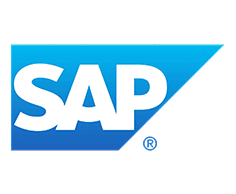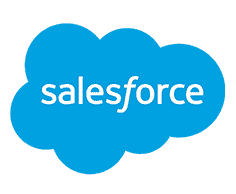On the web, as well as among industry professionals, there is still little clarity on what it means to do marketing automation versus email marketing. One thing, however, must be clear right from the start: email marketing is not marketing automation, and vice versa! This creates the need to clarify the substantial differences between these two platforms, true parallel worlds destined to meet… or perhaps not!
The difference between Marketing Automation and email marketing
Let’s start by saying that marketing automation and email marketing have particularities, but above all, differences, first and foremost the opportunities and channels for stimulating the prospect. Compared to email marketing, marketing automation allows you to:

1.Oversee the buyer’s journey and touchpoints by implementing multiple activities;
2.Tailor marketing actions based on visitors and contacts;
3.Create a more integrated and personalized communication and path for each one.
All of this means adapting and customizing communication and marketing based on the type of prospects.
That is to say:
1.Visitors (not identified), i.e., contacts not present in the database. They constitute so-called uncontrolled traffic, usually coming from SEO, social media, or referrals in general: this is called organic traffic.
2.Visitors (not identified). They constitute controlled traffic, generated by ads and sponsored content.
3.Identified contacts, i.e., leads present in the database, the so-called owned traffic with whom communication can happen whenever and however desired.
These three aspects represent the starting point necessary to differentiate between the two platforms.
And email marketing? What can it allow us to do? Certainly, it allows maintaining a relationship with the contacts present in the database via email and SMS channels.
The question that arises at this point is: why not unquestionably use marketing automation given the numerous advantages it offers over email marketing? Let’s try to provide a comprehensive answer by diving deeper and analyzing the potential of marketing automation.
Marketing automation: why choose it
According to a study conducted by the Marketing Automation Observatory in 2019, there is significant confusion between email marketing and marketing automation systems, which also affects the decision to adopt an automation platform. The research also highlights the lack of an integrated strategic culture on these topics, as well as a shortage of dedicated resources. These factors are confirmed as the main obstacles for companies that have not yet considered investing in marketing automation (budget being the third reason).
It’s astonishing how this data underscores the lack of accurate and constructive information! Yet, overcoming these obstacles could be as simple as directing communication efforts toward addressing them, paving the way for progress.
Framed like this, it might sound easy, but in reality, the issue is far more complex than it appears. Creating an integrated strategic culture is merely the tip of the iceberg of a submerged world waiting to be brought to light.

Despite that, the advantages of marketing automation are tangible for all those companies that already use it (34%, source: Marketing Automation Observatory study 2019), and they confirm:
1.greater personalization of marketing messages aimed at the target audience;
2.influence of visitor behavior on the website;
3.more detailed analysis of all marketing actions.
Marketing Automation vs Email Marketing: differences in approach, efficiency, and effectiveness
The insights from the observatory reveal interesting data that should be closely monitored because, if interpreted correctly, these data could serve as a stepping stone to embark on the right path, the one focused on results without ever neglecting the relationship with the customer, which is and must remain the core of every business. This premise is to emphasize that there are no benefits from marketing automation without the distinctions that, particularly those working in marketing, are likely to make with email marketing. Below, we outline five of them, which every company should consider when choosing the solution that best aligns with achieving its goals:
 1.Imagine the pieces of a puzzle: each one is unique, and all are essential to complete it. Email marketing is like one piece of the puzzle, while marketing automation is the entire puzzle, capable of providing the complete and real-time picture of the journey a contact takes before reaching the decision-making phase.
1.Imagine the pieces of a puzzle: each one is unique, and all are essential to complete it. Email marketing is like one piece of the puzzle, while marketing automation is the entire puzzle, capable of providing the complete and real-time picture of the journey a contact takes before reaching the decision-making phase.

2.Technology, processes, but most importantly, people. Customers love to feel like pioneers of innovation, ahead of their competitors, but above all, they love to feel unique! Unlike email marketing, marketing automation allows for the creation of timely campaigns that personalize communication between the company and the customer, enhancing the customer experience—the buying journey that the customer goes through when deciding to choose us.

3.Photo or video? Photos, as we know, represent our mirror of memories that will remain indelible for life, but… the frames in sequence that a video reproduces remain something that can never be replicated, yet just as emotionally exciting. Here, email marketing could be compared to the single moment that a photo is able to capture. Marketing automation, on the other hand, represents the collection of moments that the contact experiences and enriches along the path they choose to take, recording emotions and sensations—that is, behavior—throughout the entire customer journey.

4.Hypothesis or data? This is the dilemma! In reality, it’s easily resolved because, without a doubt, data on hand clears away any doubts: marketing automation is capable of providing a data-driven approach, focused on improving the profitability of any sales channel used and, therefore, the final result. All of this happens in a context of uncertainty for email marketing, where the mere click on a link within the email doesn’t verify the purchase made from that single email, as there are multiple touchpoints (and not only digital!).

5.Last but not least, marketing automation relies on AI, which it uses to coordinate, manage, and optimize actions based on the customer’s behavioral analysis. In a nutshell, it can track each individual contact, allowing for the automated sending of personalized communications in sequence.
This is incredible when you think that it involves lower energy expenditure, long-term costs, and a significant return on investment. We knew that sooner or later something would change, that technology would bring innovation. Today, all of this is a reality, but it is always made possible by the increasingly massive integration of humans and their concrete needs. With this, we certainly do not want to conclude by defining which solution is absolutely the best between marketing automation and email marketing. Our advice, rather, is to always contextualize their use based on the business model, the products/services the company offers, and the available budget: for its performance, a marketing automation product is more expensive than using email marketing.

The reason is simple: the precision of its actions inevitably leads to the desired results in a much shorter time, which, in the medium to long term, repays the investment! Moreover, it must be said that innovation, with its ability to easily adapt to the corporate culture and the needs of businesses that choose to embark on this path, makes customers who use automation pioneers compared to competitors. This allows them to penetrate the market while staying in sync with change and always achieving the set goal. This and much more is the world of marketing automation today. For those who wish to deepen the topic, focusing mainly on the importance of customer relationships, the page dedicated to relationship management through CRM and marketing automation will provide answers to any doubts!










